A notice introducing a restriction on the overseas travel for artworks created by late Chinese masters was recently issued by China’s State Administration of Cultural Heritage.
Aimed at art pioneers who passed away after 1911, the notice encompasses all the artworks created by 41 big name artists including Wu Guanzhong, the father of modern Chinese painting; and Feng Zikai, the forerunner of manhua (Chinese comic books), preventing them from traveling outside of the country.
Other than the “absolute ban,” the notice has also specified the magnum opuses of 158 other Chinese artists such as Zhao Shao’ang, the icon of the Lingnan School of Chinese Painting, are also banned from traveling abroad.
The new regulations aim to “strengthen the protection of cultural relics” according to the administration. Wang Hong’en, a Chinese ancient art expert, told the Global Times that the new rules are like a “life-long insurance” on artworks that would be “unable to be compensated for” if they were damaged.
Wang stressed that those artworks are priceless not only for their monetary value in worldwide art markets, but also for their “cultural value” to China’s modern and contemporary art.
“Arts account as a form human expression. Those artists’ works concentrated on the changes of the times and society. They are a reference for how art developed into what it is today,” Wang noted. Taking Wu Guanzhong’s art as an example of their monetary value, he noted that as of 2020, 3,522 of Wu’s artworks have been sold for a total of 11.64 billion yuan ($1.6 billion).
Besides restricting the artworks of nearly 200 artists in the field of calligraphy and paintings, the 2023 notice outlines seven other categories restricted from overseas travel, including art such as sculptures, embroidery and lacquer wares.
Lu Yixing, a relics protection expert, told the Global Times that the regulations also reflect the country’s strategy to protect its intangible cultural heritages, while avoiding “unpredictable losses” such as the possibility they may be stolen or damaged during events such as overseas exhibitions.
“Considering China’s difficult journey tracking down relics lost overseas, which is never easy and tangled with obstacles such as ownership problems and law restrictions, it looks like a wise choice until a standard protection system can be improved. But this requires international cooperation and respect,” Lu noted.








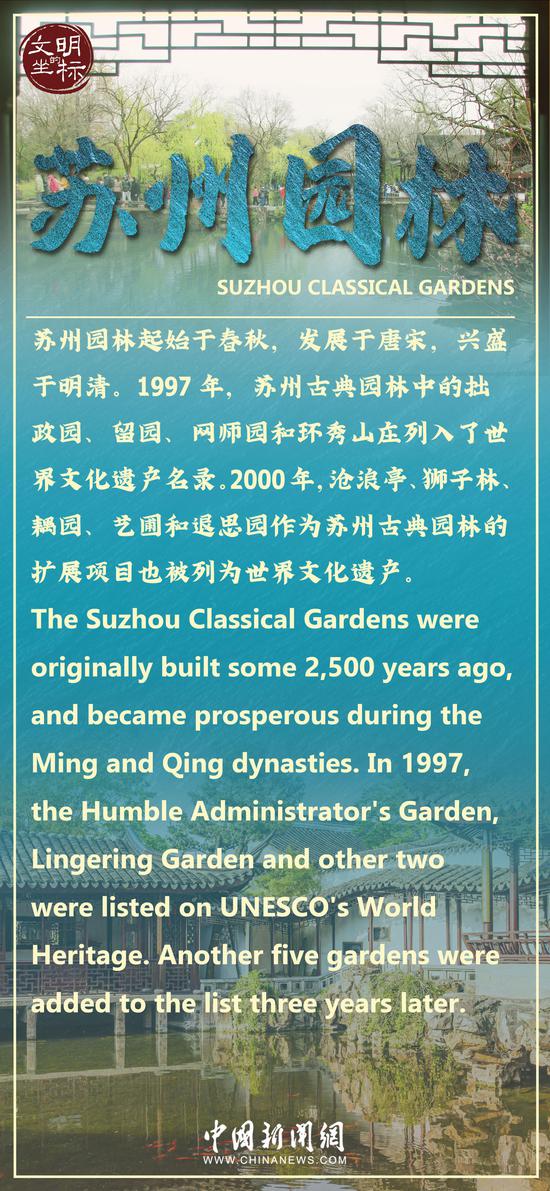
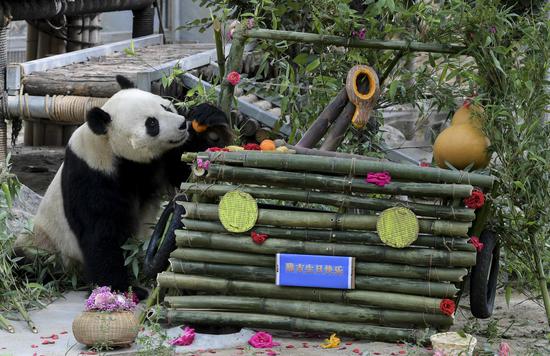

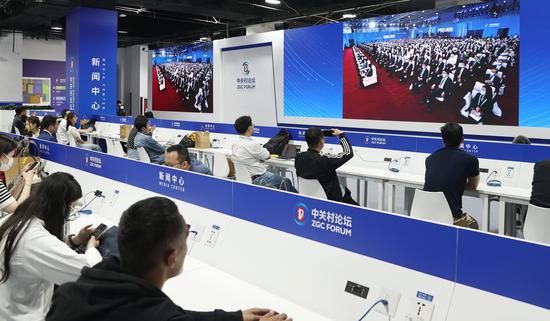


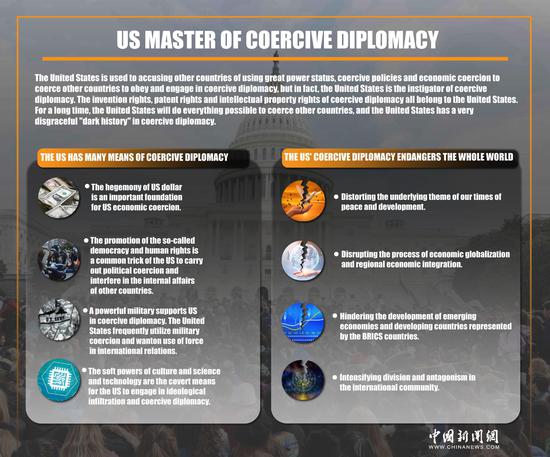
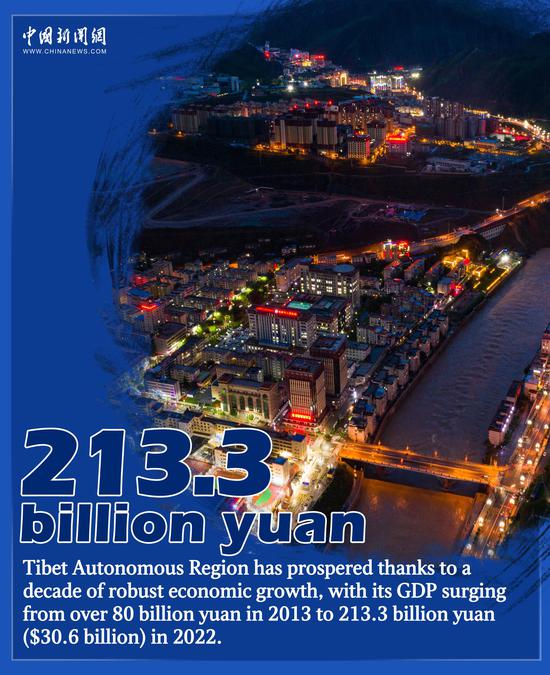
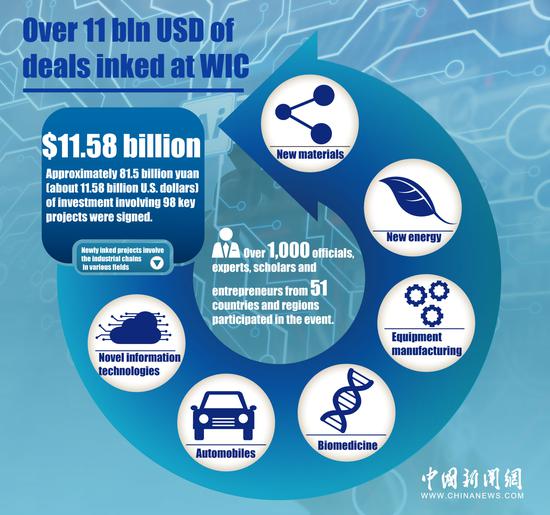





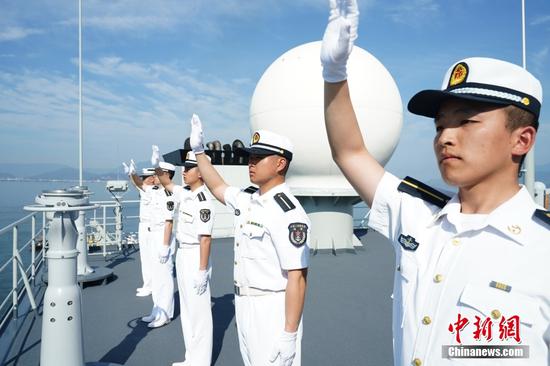
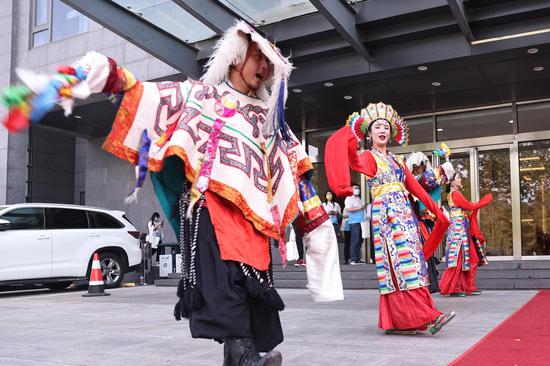





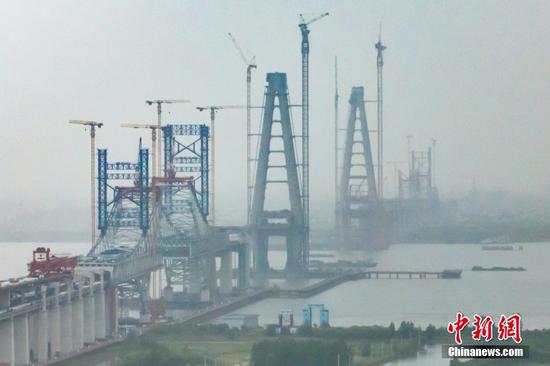
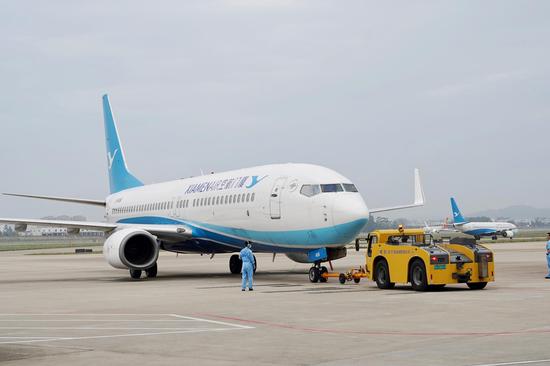

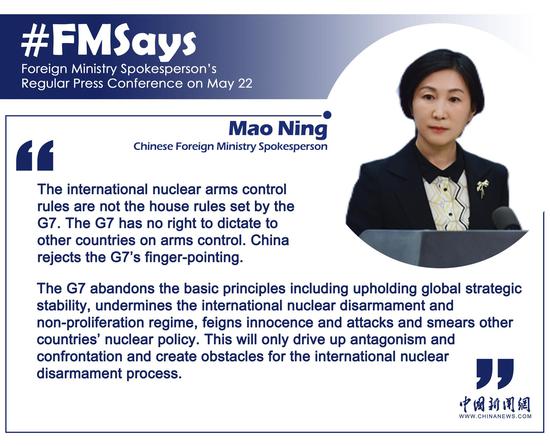
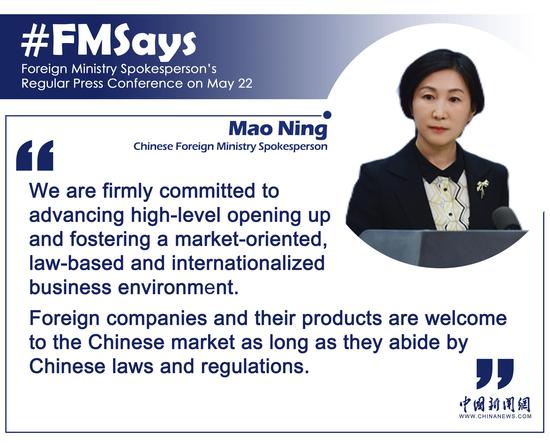




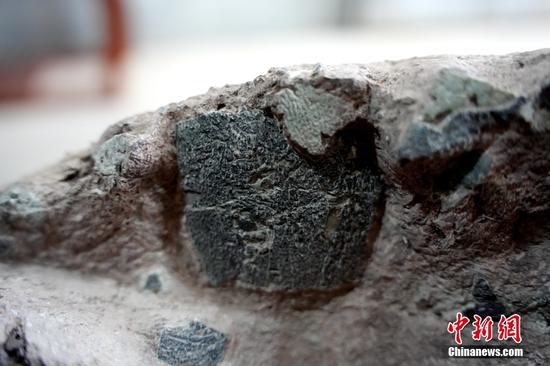
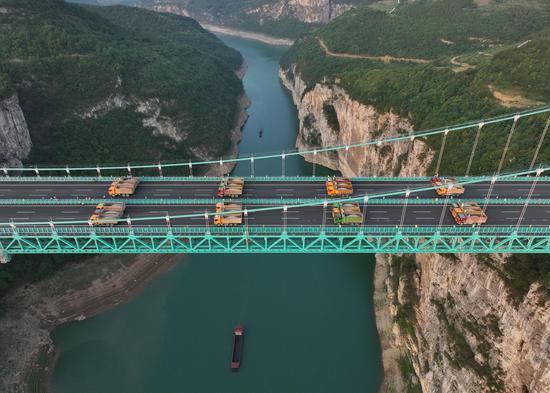



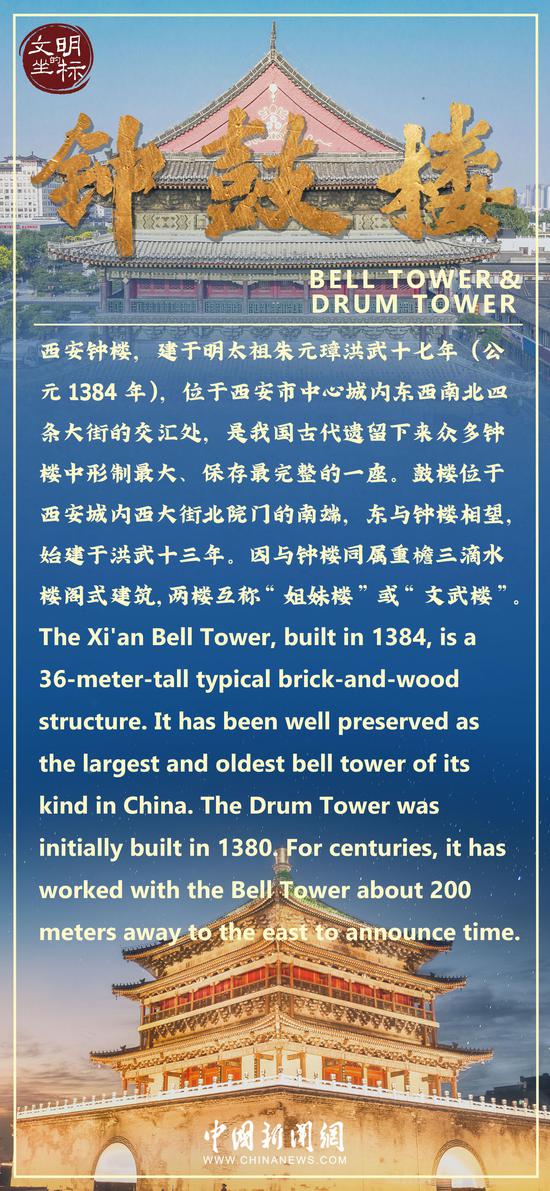
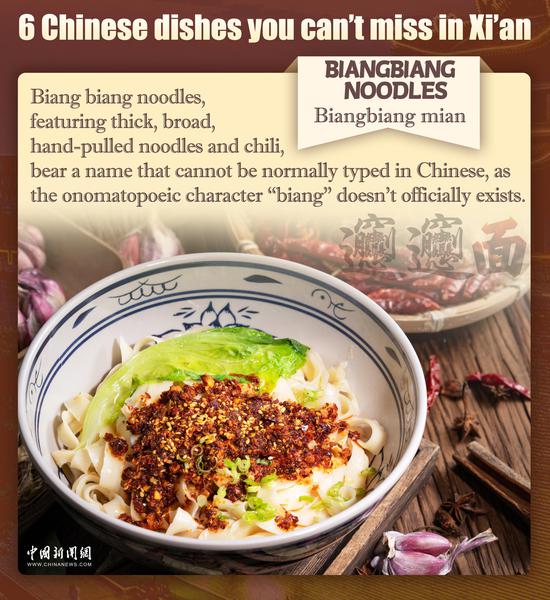





 京公网安备 11010202009201号
京公网安备 11010202009201号